4 Feng Shui Plants to Avoid — 'These Will Disturb the Qi In Your Home,' Warn Experts
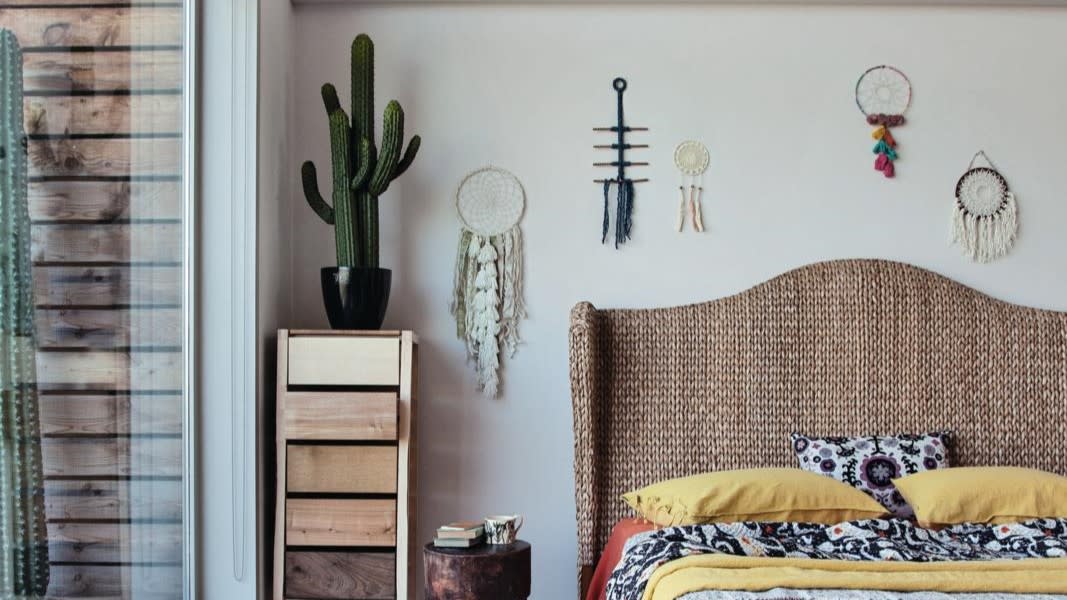
Plants not only add to the freshness and aesthetics of the home but also, as per Feng Shui, invite positivity and happiness. Healthy, leafy varieties can be nourishing for your personal energy and calm your mind. But when it comes to the best plants for good Feng Shui, there are a few you should bring home, and some you should completely avoid.
To help you pick the right plants, we reached out to experts. Take a look at the ones that you should probably take out of your home, and the ones that will 100% improve your bedroom, bathroom, or living room Feng Shui.
1. Yuccas
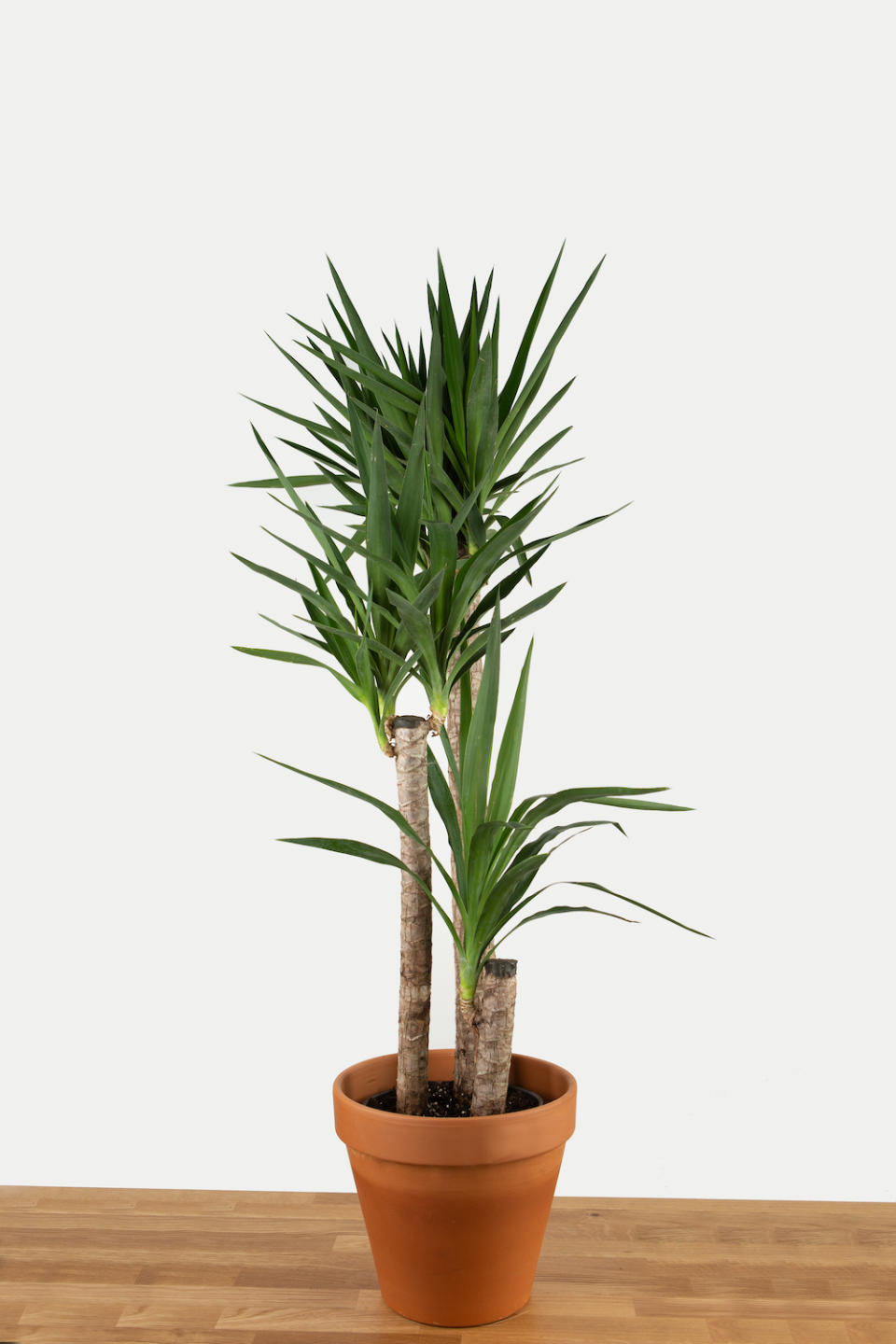
'In Feng Shui, it's essential to consider the type of energy plants bring into our spaces,' says Feng Shui master Jane Langof. 'I don’t believe that specific plants will necessarily cause bad luck, however, there are certain plants that can represent negative elements or bring inauspicious energy to a space. Generally, it's advisable to avoid excessively thorny and spiky plants that can cause injury. I tend to avoid common spiky plants like yuccas when I am trying to create an auspicious feeling in a space.'
If you're interested in decorating with plants, choose the fresher, healthier, and sculptural varieties that not only add color but also dimension to spaces.
2. Cacti
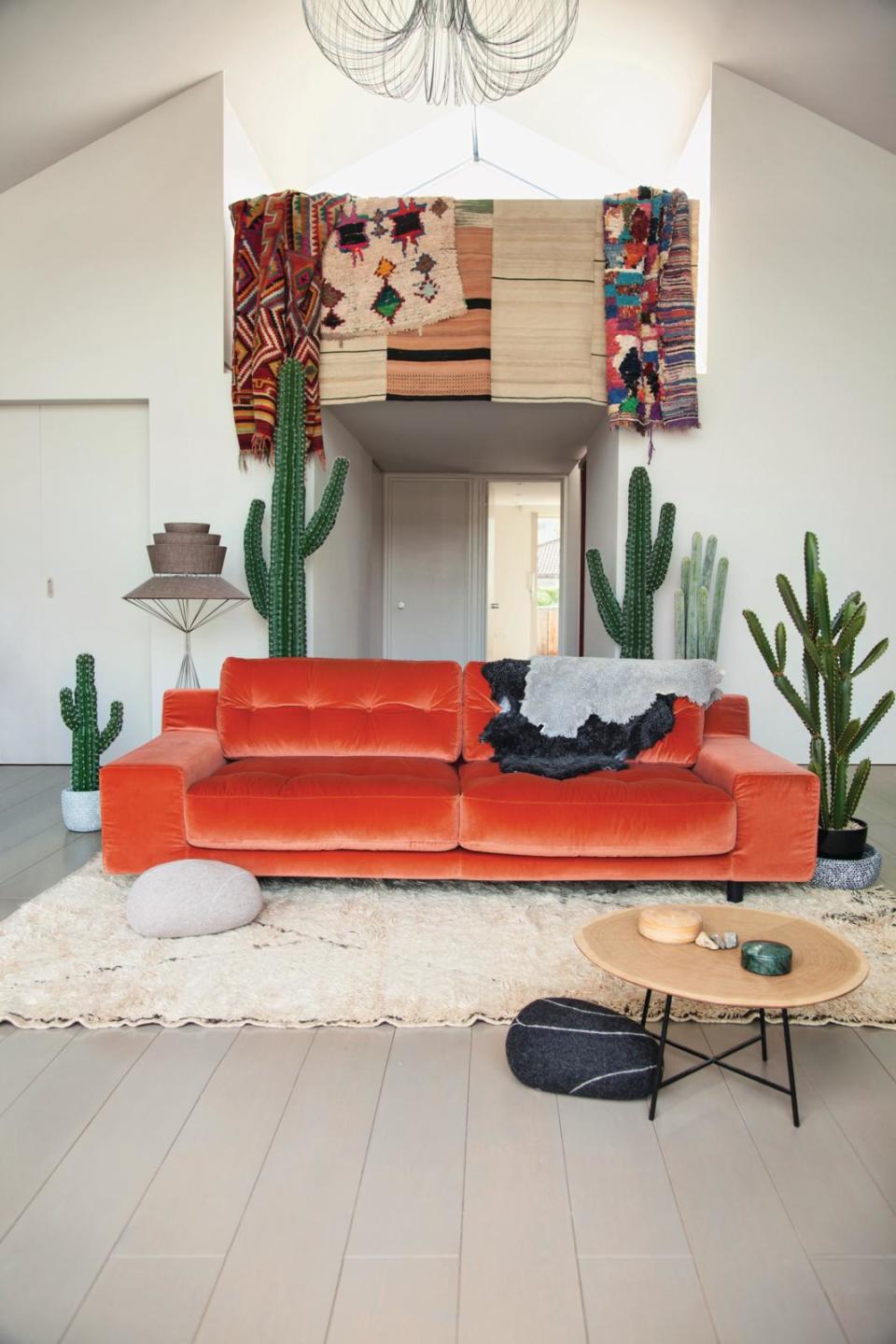
Speaking of pointy, prickly plants, cacti which are usually one of the most popular houseplants get a bad rep when it comes to Feng Shui. It is advised to stay away from this variety altogether.
However, if you do love this plant, and feel it adds to your home's aesthetic, Feng Shui consultant and educator, Laura Morris has a solution: 'As a general rule, you want to be mindful about where you place a spiky or pointy leaved plant. Try to avoid placing them next to your bed or in the partnership area of your home.'
3. Dried flowers and dying plants
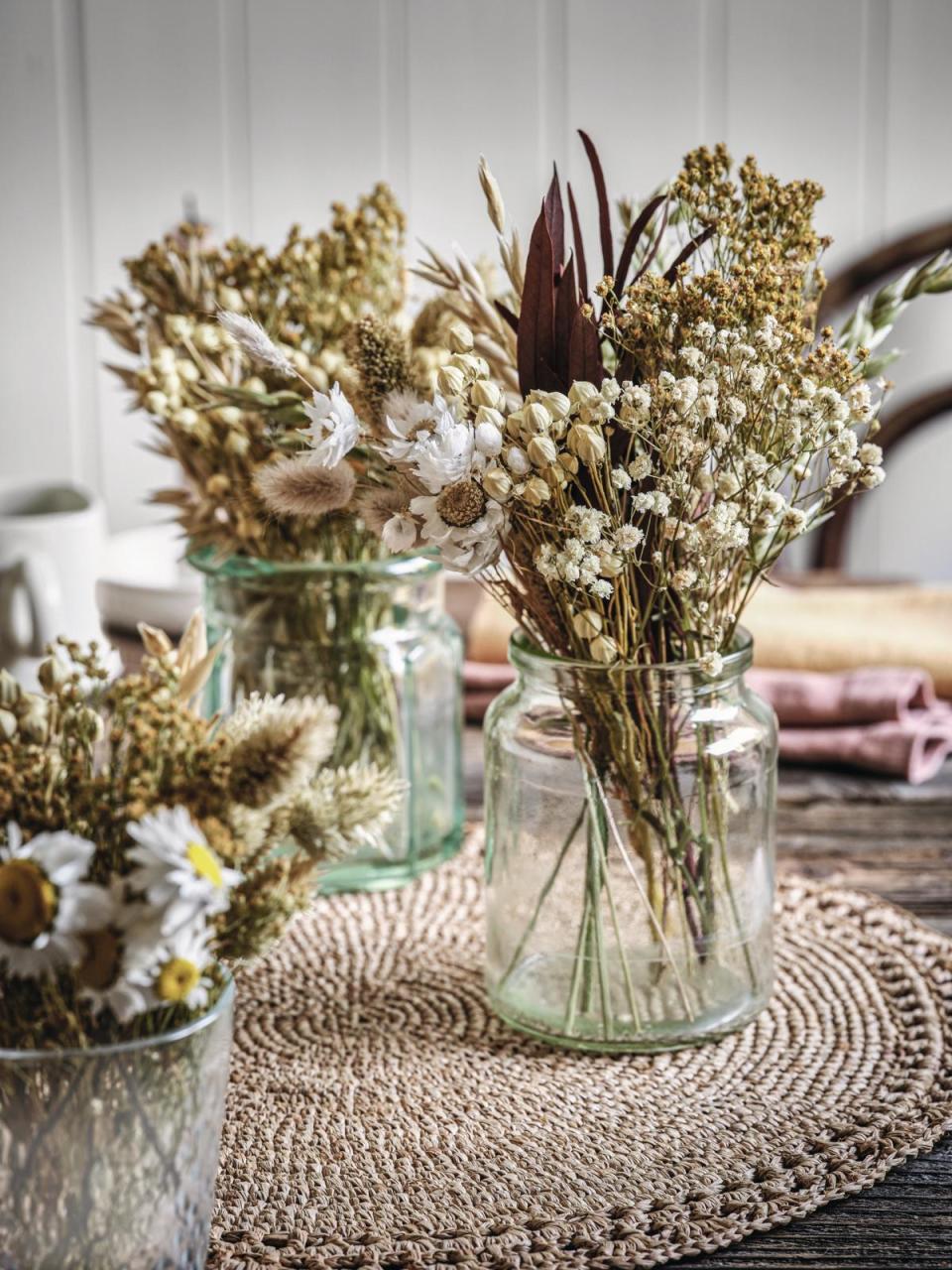
Another big consideration is to avoid bringing in plants that represent stagnant energy. So while you might love dried flowers, dried eucalyptus, or driftwood, it's best to leave these outside as these may restrict the flow of qi.
'Plants that appear dry or dead, or those that are dried (dried flowers), should be avoided because they emanate a sense of stagnant or 'dead' energy, which is counterproductive in Feng Shui,' says Jane.
4. Artificial plants
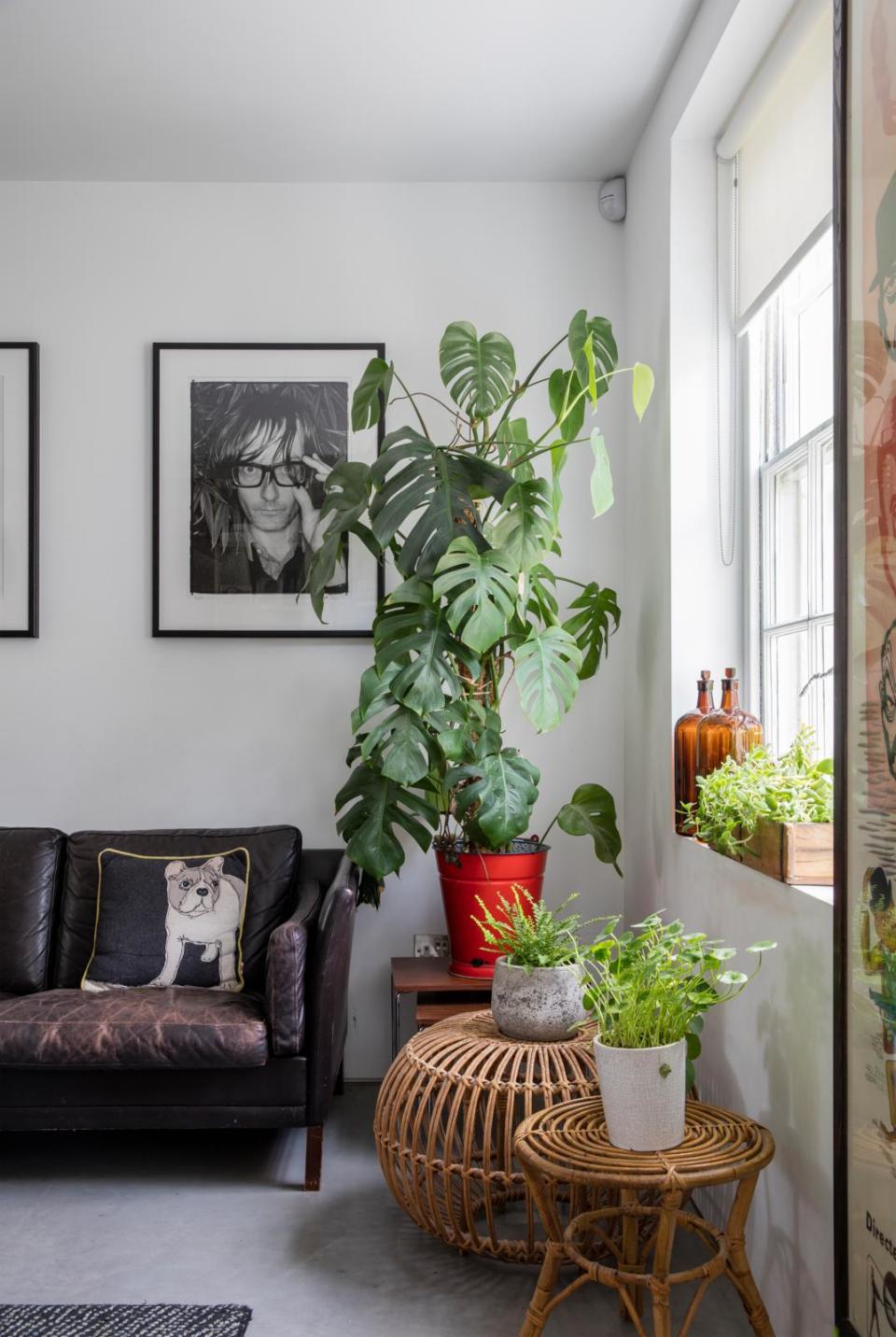
And finally, while many of us turn to artificial plants as the answer to low maintenance plants for indoor gardening, the fact is that as per Feng Shui, these are major energy blockers.
'Artificial plants are generally not recommended as they are inauthentic, pretending to be something they're not, which can affect the energy in a space negatively,' says Jane. 'If you love artificial plants, they must be kept clean of dust and grime.'
Positive plants as per feng shui
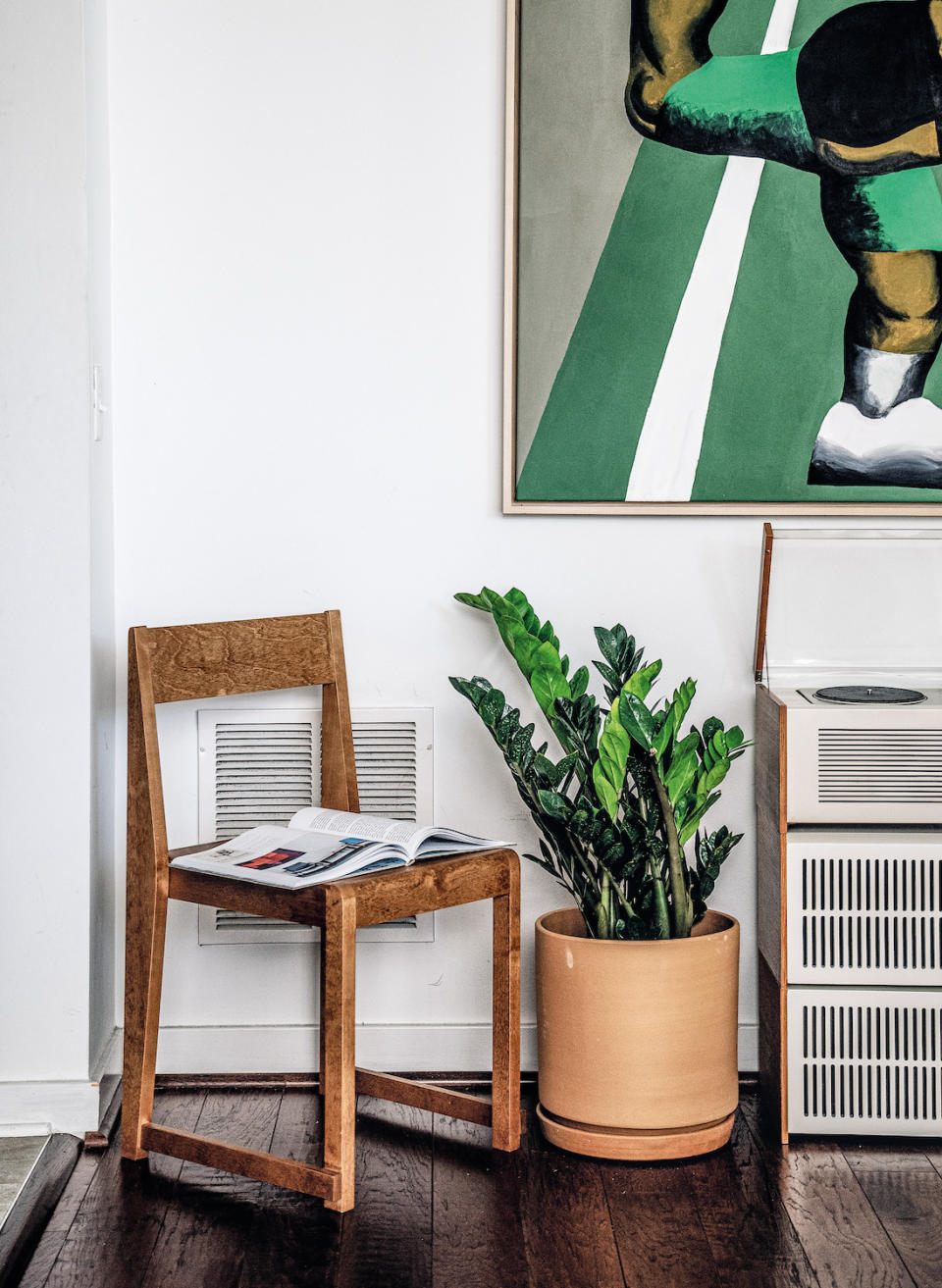
'Overall any plant will create a positive impact in your space because they lift the qi and bring in vital wood energy,' says Laura. 'Plants should be healthy and happy. Choose a plant that is easy to care for like a ZZ plant or pothos as these cultivate kindness and compassion. Nurturing a low maintenance plant will create ease and contentment.'
'Some plants that are associated with good luck include the Treasure Fern (Zamioculcas Zamiifolia), Happy Plant (Dracaena Fragrans), Lucky Bamboo (Dracaena Sanderana), Jade Plant (Crassula Ovata), The Money Plant (Philodendron Scandens), and Peace Lilies (Spathiphyllum Wallisii),' says Jane. 'Peace lilies are very hardy plants and also excellent at purifying the indoor air. They are regarded as auspicious in Feng Shui, contributing positively to the energy of the space.'
These apart, another plant trend is to bring in tall, majestic indoor trees that create an indoor-outdoor environment, boosting the home's energy.
3 plants to boost the qi in your home
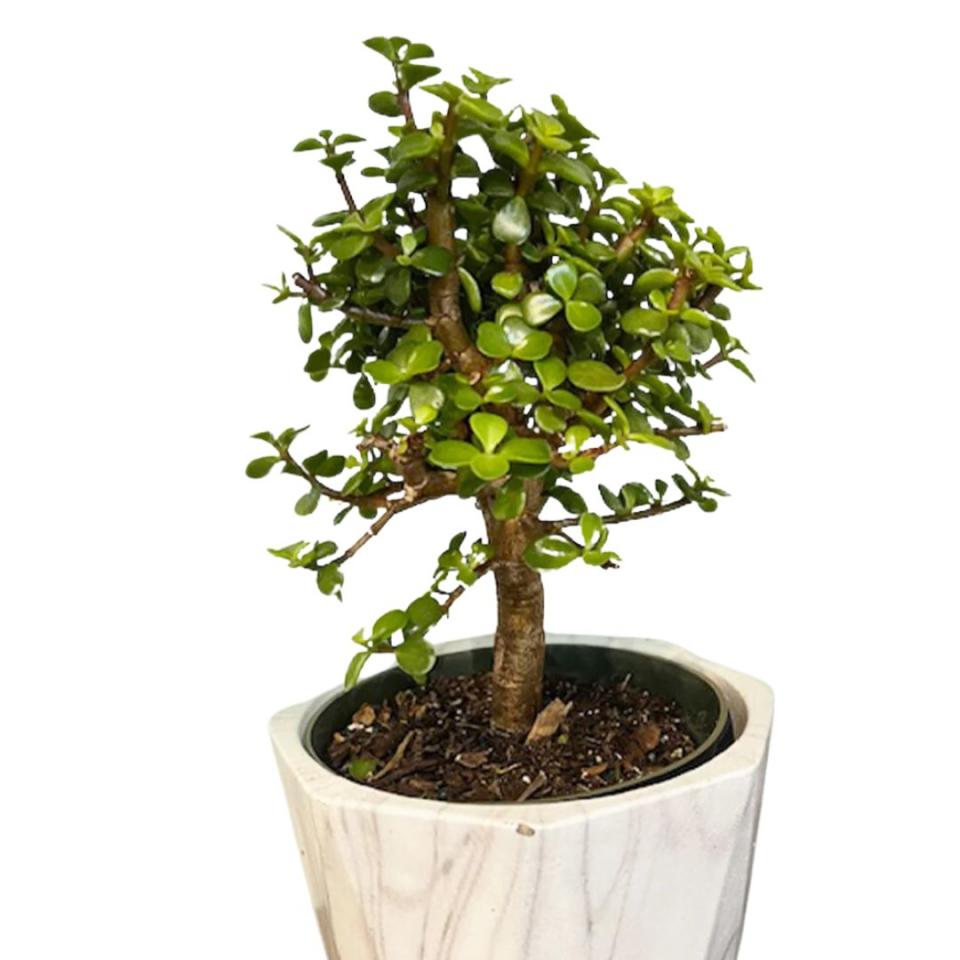
Dwarf Jade Plant
Price: $39
Sunlight requirement: full to partial sun
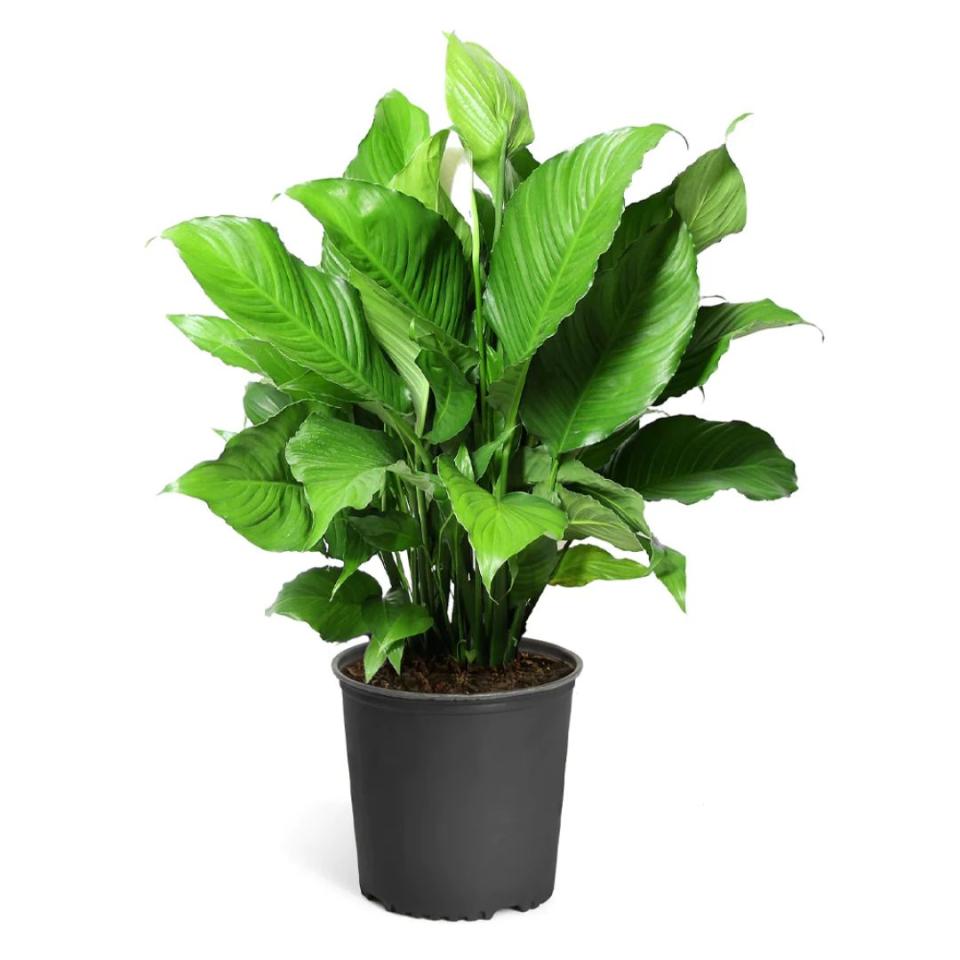
Peace Lily Plant
Price: $54.95
Sunlight requirement: Partial sun
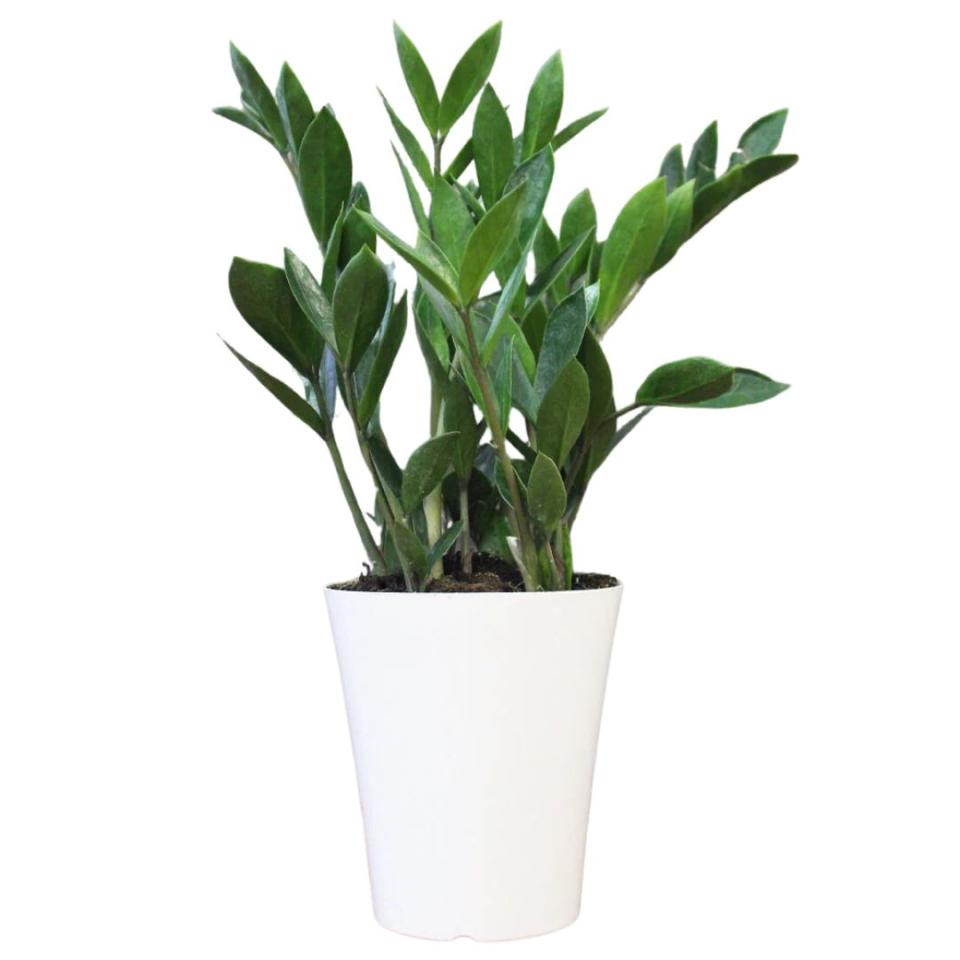
ZZ Plant
Price: $49.95
Sunlight requirement: Indirect light

